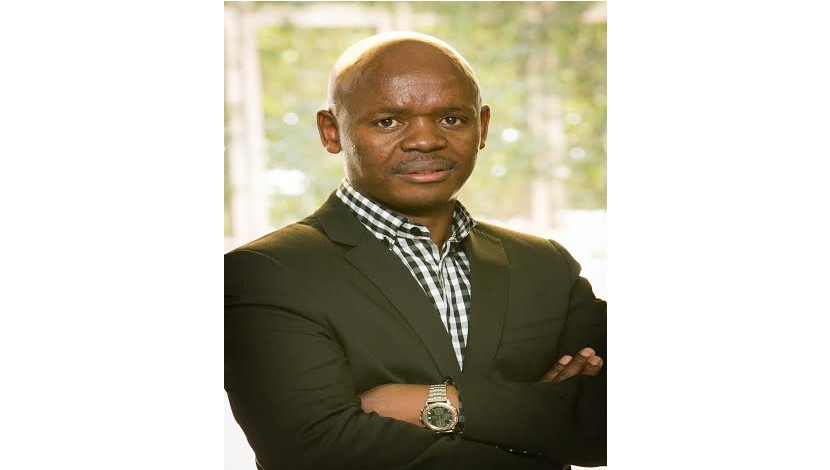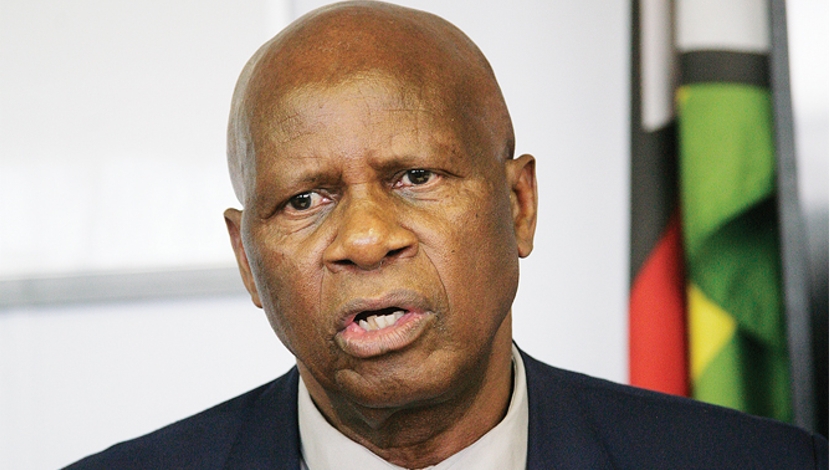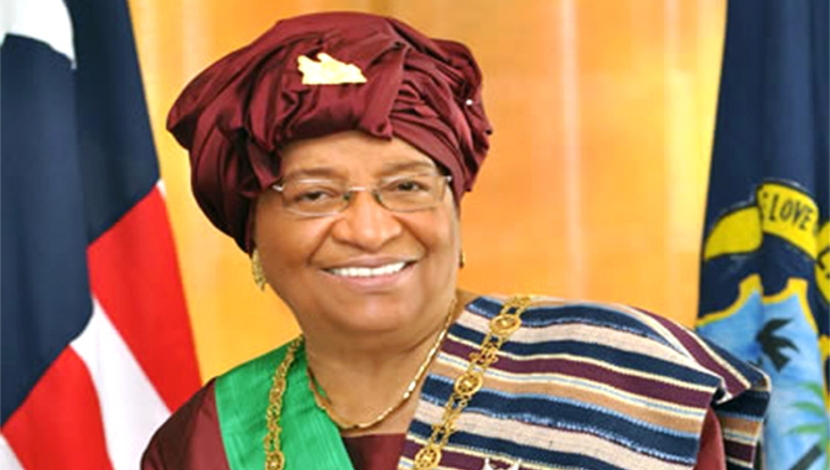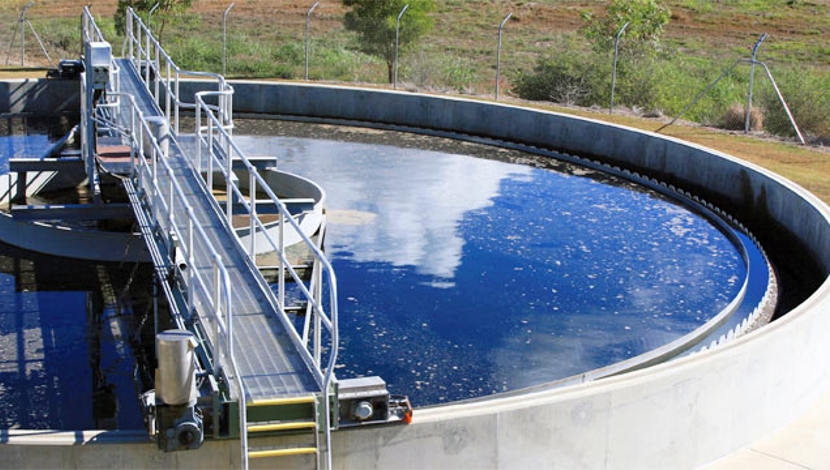

“Think big but act small in the early stages,” said Arup director Damane Hlalele at the Captains of Construction and Infrastructure Leadership Forum held in May 2017 at Gallagher Estate, Midrand. “Investing heavily in incorrect infrastructure and/or in the wrong place can hinder economic growth and private sector investment.
“If necessary, implement a pilot programme. One cannot underestimate the importance of understanding the politics, culture and the environment at hand. Transparency, good governance and an understanding of the legal framework also play an important role”.
The Captains of Construction and Infrastructure Leadership Forum is an African leadership initiative designed to mobilise finance for infrastructure delivery across the sub-Saharan region. The panel, which comprised leading players from the infrastructure and construction sectors, debated the “Revitalising Africa’s Investment Climate for Infrastructure’ topic at the Forum.
As part of the panel, Hlalele stressed the importance of doing your homework and knowing what benefits will be delivered before taking on a project..
“Projects that are easily packaged and delivered successfully are those that are transparent and where genuine stakeholder engagement takes place and outcomes/benefits agreed in advance. This provides certainty for the private sector”.
Hlalele observed that South Africa continues to be attractive due to advanced systems and knowledge, but there is a focus on East Africa and West Africa (Ghana, Ivory Coast and Côte d’Ivoire), which are stable enough to continue to attract investment.
Responding to how Direct Foreign Investment (DFI) can bring in private sector money to enhance Public Private Partnerships, Hlalele said he believes that parties involved are still too fragmented and do not collaborate enough. He said it is incredible that only 30% of projects go past the feasibility stage and that resource and skills are not being used optimally.
“To build skills and capacity, it is important to note that there are various types of skills from technical and financial to legal and social, and they differ from country to country.
“Infrastructure projects that offer a ripple effect on job creation play an important role in the transfer of skills and should be identified at the initial stages of the project discussions. With the little funding that is available, there needs to be a focus on creating activity through regeneration and linking different projects together to maximise the benefits. For example, huge investment is going into transport projects and there is an opportunity to create inclusive communities, public facilities and businesses around stations or ports.” concluded Hlalele.
More information from Candice Thorne, Tel: +27 11 218 7882 / Email: [email protected]





